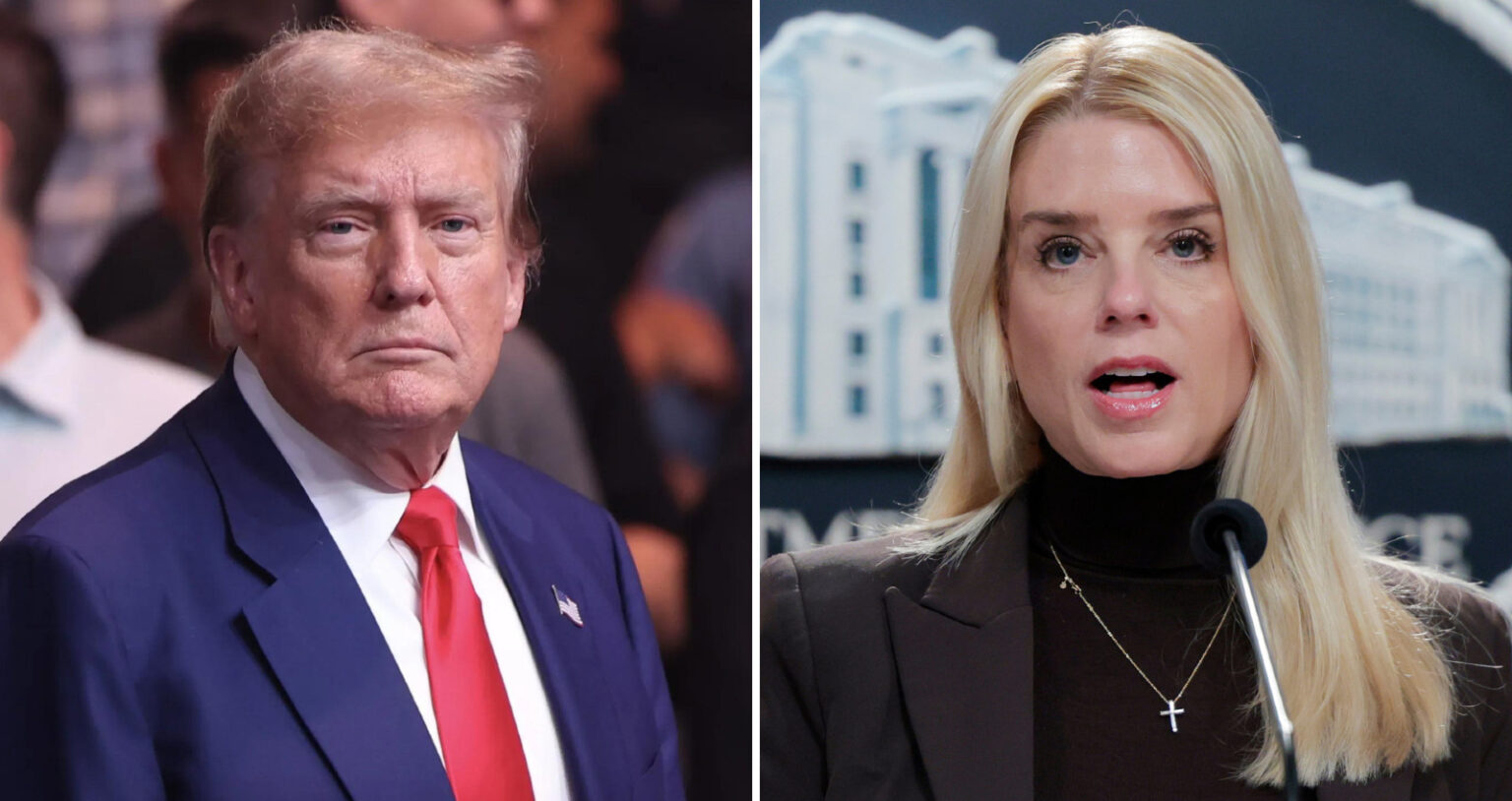The liberal news outlet that has thrown Washington, D.C., into turmoil over the past few days is now backtracking after initially claiming that top Trump officials had shared “war plans” with an editor over an unsecured group chat.
Jeffrey Goldberg, the Canadian-born editor-in-chief of The Atlantic, was inadvertently invited to join a Signal chat that included Vice President J.D. Vance, National Security Advisor Mike Waltz, and other high-ranking officials discussing the imminent bombing of Houthi strongholds in Yemen. In his original report, Goldberg alleged that U.S. Defense Secretary Pete Hegseth had shared “war plans” several hours before the attack began. That phrase was prominently featured in the headline of the article, which quickly sparked controversy.
However, following backlash from the White House, The Atlantic has since modified the story’s headline to read: “Here Are the Attack Plans That Trump’s Advisors Shared on Signal.” The revision came just one day after White House Press Secretary Karoline Leavitt accused Goldberg of using “sensationalist spin” to mislead readers.
Conservative journalist Eric Daugherty took to X (formerly Twitter) to highlight the significant change, arguing that it vindicated Hegseth’s assertion that no actual war plans or classified intelligence had been shared. “THEY’RE BACKPEDALING! The Atlantic just sent out an update report CLARIFYING that there WERE NO WAR PLANS exchanged in that Signal chat… they were (as we all saw) some discussion on the Houthi strikes that Americans knew were coming,” he wrote. “This hoax totally fell on its face!”
To be sure, some information regarding the upcoming mission in Yemen was shared with Goldberg. However, it remains unclear how or why he was invited to the encrypted Signal chat in the first place. While so-called security experts have criticized the use of Signal as a potential security lapse, the Biden administration had previously issued guidance encouraging officials who are “highly targeted” by foreign intelligence agencies to use the app for secure communication, according to Fox News.
President Donald Trump downplayed the significance of the leak on Tuesday, stating that it had “no impact at all” on the Yemen campaign. He also dismissed The Atlantic, calling it “not much of a magazine.” Trump reaffirmed his confidence in Waltz, adding that the incident served as “a lesson learned.”
White House Communications Director Steven Cheung echoed Trump’s criticism, accusing The Atlantic of pushing misinformation. “From the ‘Russia, Russia, Russia’ hoax of the first term to the fake documents case of the last four years… at every turn, anti-Trump forces have tried to weaponize innocuous actions and turn them into faux outrage that Fake News outlets can use to peddle misinformation,” Cheung posted on X.
Meanwhile, Republicans on Capitol Hill came to the defense of the administration, blasting the mainstream media for questioning the use of Signal when the Biden administration had relied on it for years. “It is my understanding that the Biden administration authorized Signal as a means of communication that was consistent with presidential record-keeping requirements for its administration, and that continued into the Trump administration,” Senator Tom Cotton (R-AR) stated during an appearance on Fox & Friends Tuesday morning.
As the controversy unfolds, the backlash against The Atlantic and its handling of the story continues to grow. Critics argue that the initial misleading claims represent yet another instance of the mainstream media attempting to discredit the Trump administration. Whether The Atlantic will issue further corrections or face any consequences for its reporting remains to be seen.
